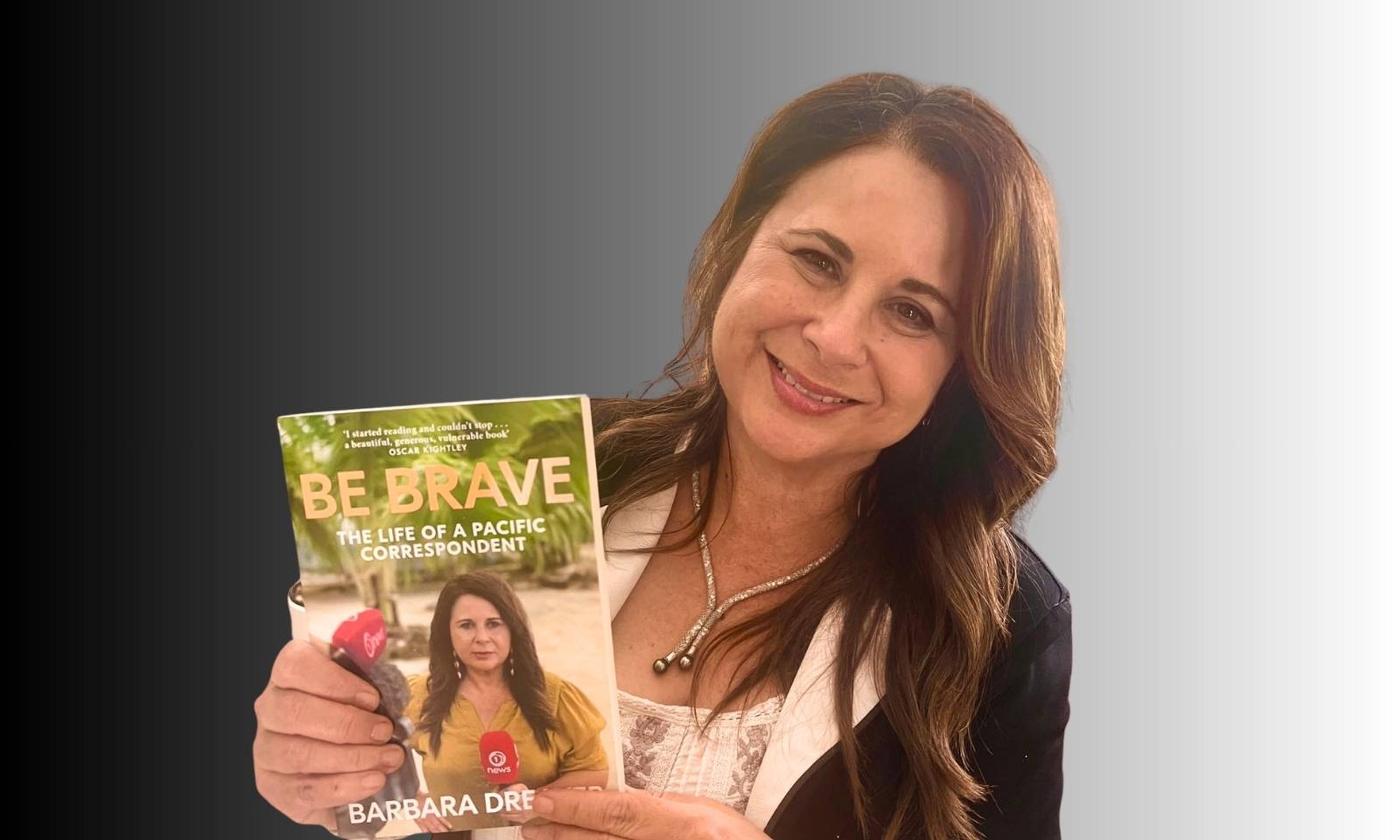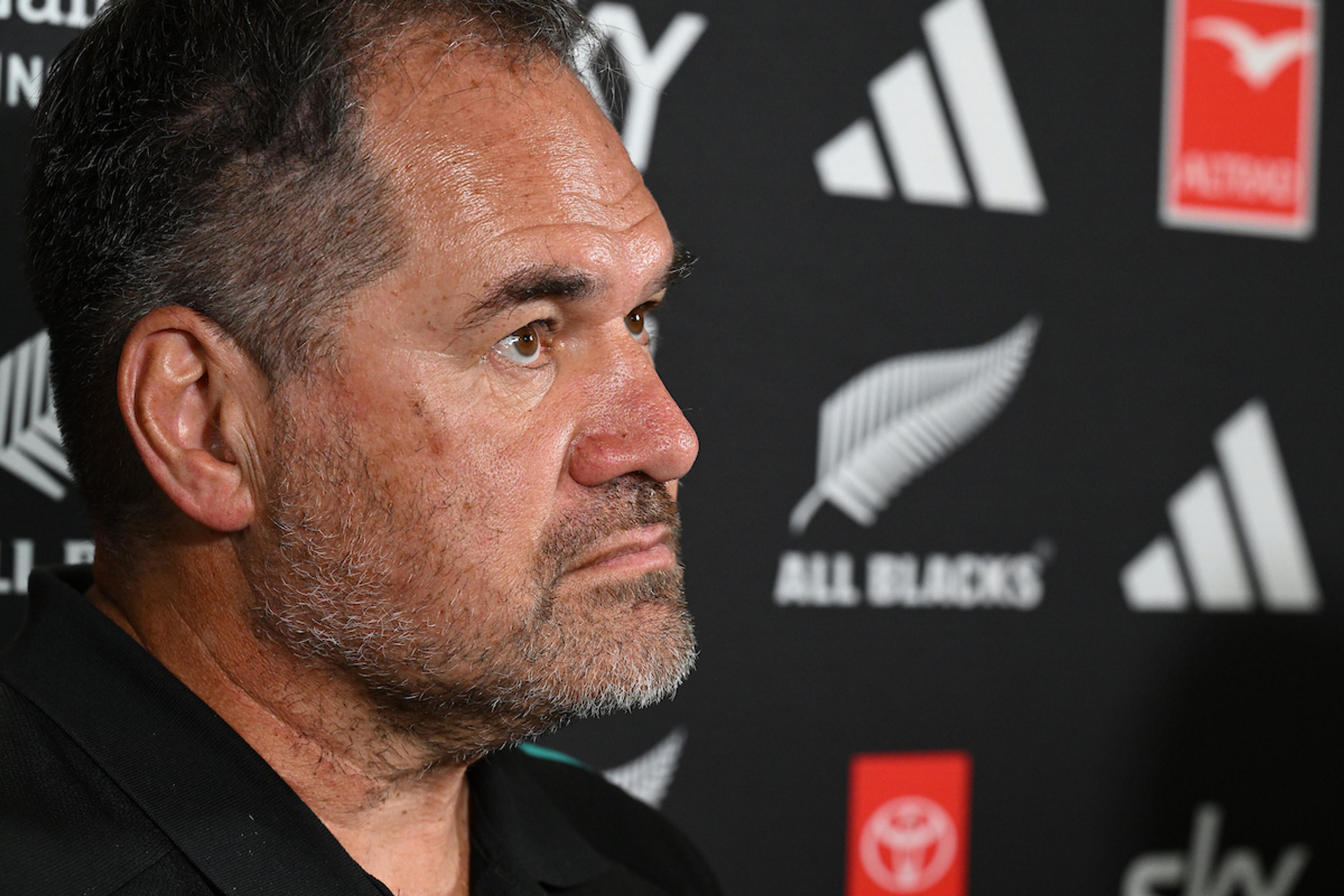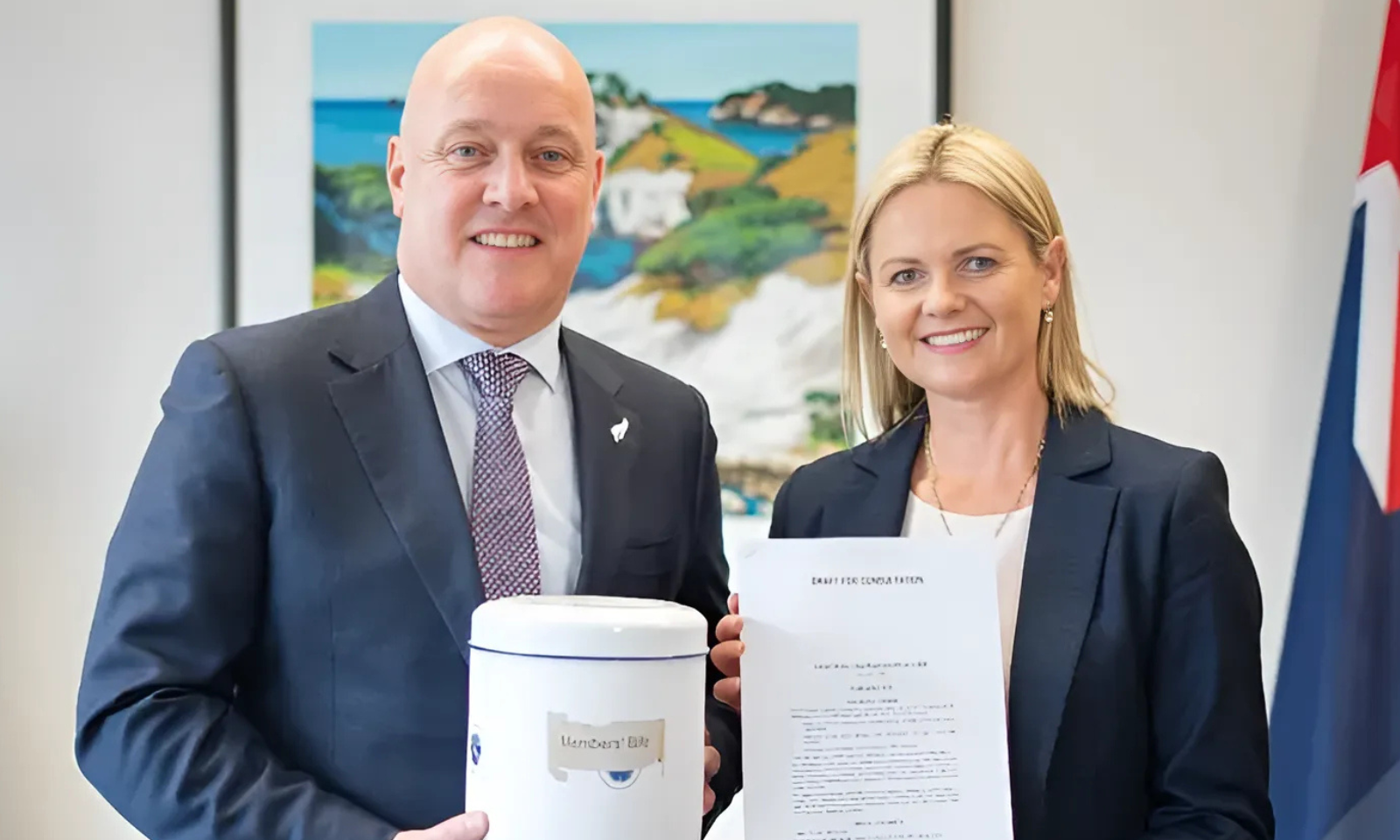

National MP Catherine Wedd's members bill to ban social media for under-16s won't work, writes Andre Fa'aoso.
Photo/PMN Composite/Unsplash
Blanket bans won't shield youth from social media risks: A call for meaningful change
The recent proposal to ban social media for users under 16 highlights a misguided approach to protecting young people from online harm, writes PMN News reporter Andre Fa'aoso.


‘Without fear or favour’: Barbara Dreaver chronicles 30 years on the Pacific frontline

Dave Rennie becomes first All Blacks coach of Pacific heritage


Tongan family in Abu Dhabi recount explosions as Middle East conflict escalates

‘Without fear or favour’: Barbara Dreaver chronicles 30 years on the Pacific frontline

Dave Rennie becomes first All Blacks coach of Pacific heritage

For years, young people in online spaces have concerned parents and policymakers alike.
National MP Catherine Wedd’s member’s bill aims to require social media companies to verify users’ ages and block access for minors.
Prime Minister Christopher Luxon and the National Party support the bill, describing it as a necessary step to protect young people from online dangers and social media addiction.
But while the government may have good intentions with this legislation, it has overlooked a key, crucial aspect: social media companies consistently fail to protect young people.
Big Tech has profited for too long off of minimal protections and extensive influence over the content that young people consume.
Powerful algorithms drive social media feeds, pushing content designed to keep young people engaged with minimal consideration for the impacts of content on wellbeing.
There is already an empirical basis to the reality that social media algorithms promote body dysmorphia and self-harm, particularly when users get trapped in an echo-chamber of content.
We must legislate against these powerful algorithms, which enable social media companies to overreach into the minds of young and vulnerable individuals.
As for the age ban, it won’t work. Young people will likely find ways to circumvent the ban, which fails to address the lack of barriers and protections against online harm that young people are susceptible to.
Watch Eden Ineleo, a Pasifika youth, share her views on the National Party's proposed ban on social media for individuals under 16 years old.
I vividly remember creating my first Facebook and Instagram accounts at the age of 12.
Meta and other social media companies require users to manage their accounts at 13. To get around this formality, I lied about my age, adjusting my birth year so I could set up my account.
In a world that encourages connectivity, social media is the means to it, and young people will seize that opportunity as soon as possible.
Now, at 20 years old, I recognise that social media was a different landscape when I entered, and it continues to evolve.
It can be exciting and highly beneficial, provided the proper safety protections and considerations are in place. Unfortunately, it has long fallen under the profit-driven interests of social media companies that benefit from a lack of safeguards.

Prime Minister Christopher Luxon and MP Catherine Wedd are placing the Social Media Age-Restricted Users Bill in the biscuit tin. Photo/National Party
As Wedd and Education Minister Erica Stanford brainstorm ways to implement a sweeping social media ban for minors, bureaucrats in Australia, the UK, and various states across the US are struggling with similar options and failing to find solutions.
In what resembles a mafia, the most prominent and richest global companies have gained so much power that governments struggle to enact regulations against them; instead, they have decided to target legislation at the young and vulnerable end-user.
Young people represent a significant market for social media companies.
To these companies, children are units of consumption, subject to the same parameters as all users, with the potential for exposure to harmful content only increasing.
Watch Mazaiah, a 17-year-old Pasifika youth, promote a Save The Children and Netsafe survey to raise awareness about the importance of online safety.
Beyond the issues of addiction and online bullying, the expansive algorithms baked into these platforms propagate self-harm and poor mental health, thus, what would a ban do in protecting young people?
The government, parents, and communities must recognise that social media companies need to change how they cater to young users.
While attempting to ban age groups from using platforms may stagger access, it does not address the operating models of these platforms, which contribute to a cycle of harm.
Bans are not a permanent solution; the key is to take a proactive approach that understands young people’s perspectives and the shortcomings of social media companies to protect them.

Photo/file
While parents and the government focus on crafting effective legislation, we have yet to engage young people in this conversation and understand the responsibilities of social media companies to protect them.
Until those considerations are addressed, Wedd’s bill, in its current form, will fail to tackle a concern shared across partisan divisions: how to protect our young people.
Going after the end user does not address online harm. After all, whose platforms are these harms being propagated on?